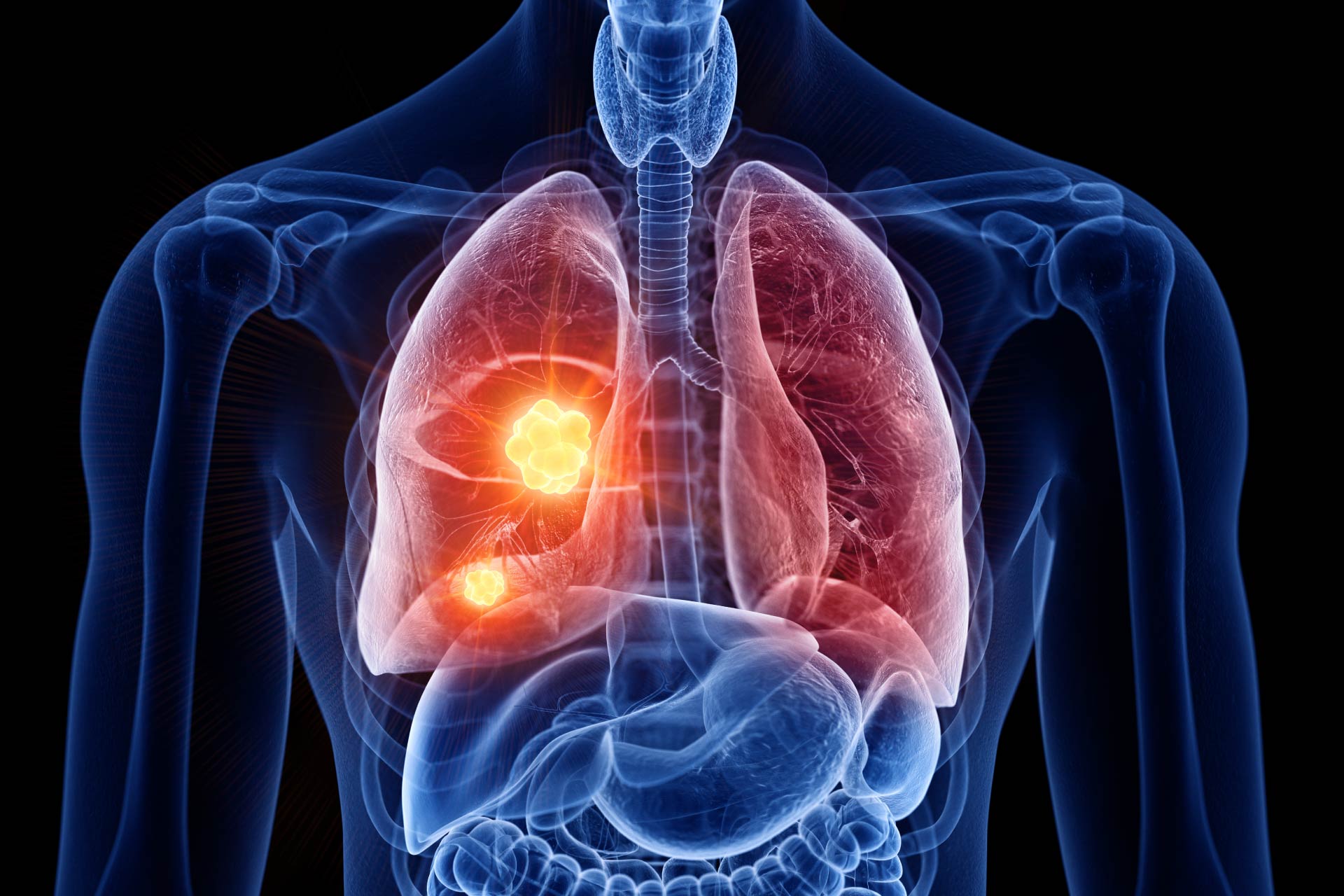• Mouth bacteria
• Cause or consequence?
What is already known on this topic
About one in four cases of lung cancer occurs in non-smokers, but these figures can’t only be explained by risk factors such as second hand tobacco smoke, air pollution, and family history of lung cancer. The mouth microbiota has been associated with an increased risk of developing tumors, including head and neck cancer, but whether mouth-dwelling microbes could also contribute to the risk of lung cancer is unclear.What this research adds
Researchers analyzed the mouth microbiota of 228 healthy, non-smoker individuals, half of whom — over the course of 10 years — went on to develop lung cancer. The analysis revealed that the mouth microbiota differed between the two groups: those who had a wider range of bacterial species in their microbiota and increased levels of Bacteroidetes and Spirochaetes species were at lower risk of developing lung cancer, whereas people with heightened levels of Firmicutes species were at higher risk of lung cancer.Conclusion
The findings provide further insight into the risk factors associated with lung cancer in non-smokers.
Lung cancer is the leading cause of cancer-related death, but one in four cases of the disease occurs in nonsmokers. A new study shows that the type and number of particular mouth bacteria are associated with a heightened risk of developing lung cancer in non-smokers.
The findings, published in Thorax, provide further insight into the risk factors associated with lung cancer in people who have never smoked.
Factors such as second hand tobacco smoke, air pollution, and family history of lung cancer can’t fully explain why nearly 25% of lung cancer cases occur in non-smokers. The mouth microbiota has been associated with an increased risk of tumors, including head and neck cancer, but whether mouth-dwelling microbes could also contribute to the risk of lung cancer is unclear.
To address this question, researchers led by Dean Hosgood at the Albert Einstein College of Medicine analyzed the mouth microbiota of 228 healthy, non-smoker individuals, half of whom — over the course of 10 years — went on to develop lung cancer.
Mouth bacteria
The researchers collected saliva samples from participants of the Shanghai Women’s Health Study and the Shanghai Men’s Health Study. All study participants were lifelong non-smokers, whose health was monitored every 2-3 years between 1996 and 2006. The team also collected information on the individuals’ lifestyle, diet, medical history, and other environmental factors that could influence their disease risk.
Within about seven years on average, 90 women and 24 men developed lung cancer. The researchers compared the mouth microbiota of these individuals with those of 114 non-smokers of the same age and sex, who had similar levels of education and family histories of lung cancer.
The analysis revealed that the mouth microbiota differed between the two groups: those who had a wider range of bacterial species in their microbiota and increased levels of Bacteroidetes and Spirochaetes species were at lower risk of developing lung cancer, whereas people with heightened levels of Firmicutes species were at higher risk of lung cancer.
In particular, a greater abundance of Spirochaetia was associated with lower risk of cancer, and increased levels of Lactobacillales was linked to a heightened risk.
Cause or consequence?
“It remains unclear whether the oral microbiome as measured in this (and other) epidemiological studies represents a causative agent or only a marker of disease or immune activity,” writes David Christiani of Harvard University in an editorial. “If it is the former, then it will be important to understand whether the oral microbiome actually seeds the lung microbiome and thus acts locally,” he says.
Christiani notes that mouth bacteria may cause chronic inflammation, boost cell proliferation and inhibit cell death, which could help to increase the risk of lung cancer. But the findings also raise several questions, he says. “First, how stable is the human oral microbiome over time? Second, if the human oral microbiome varies over time, what determines that variability? Third, how does the ambient environment such as exposure to air pollutants, affect the oral (and lung) microbiome?”
The study investigators say that previous research done on non-smoking women in China also found a link between lower bacterial diversity in saliva samples and increased risk of lung cancer. “When taken together, the limited but growing body of literature suggests that decreased microbial diversity and increased abundance of taxa within the Firmicutes phylum, and more specifically Lactobacillales, in the respiratory tract may be associated with an increased risk of lung cancer,” they say.











